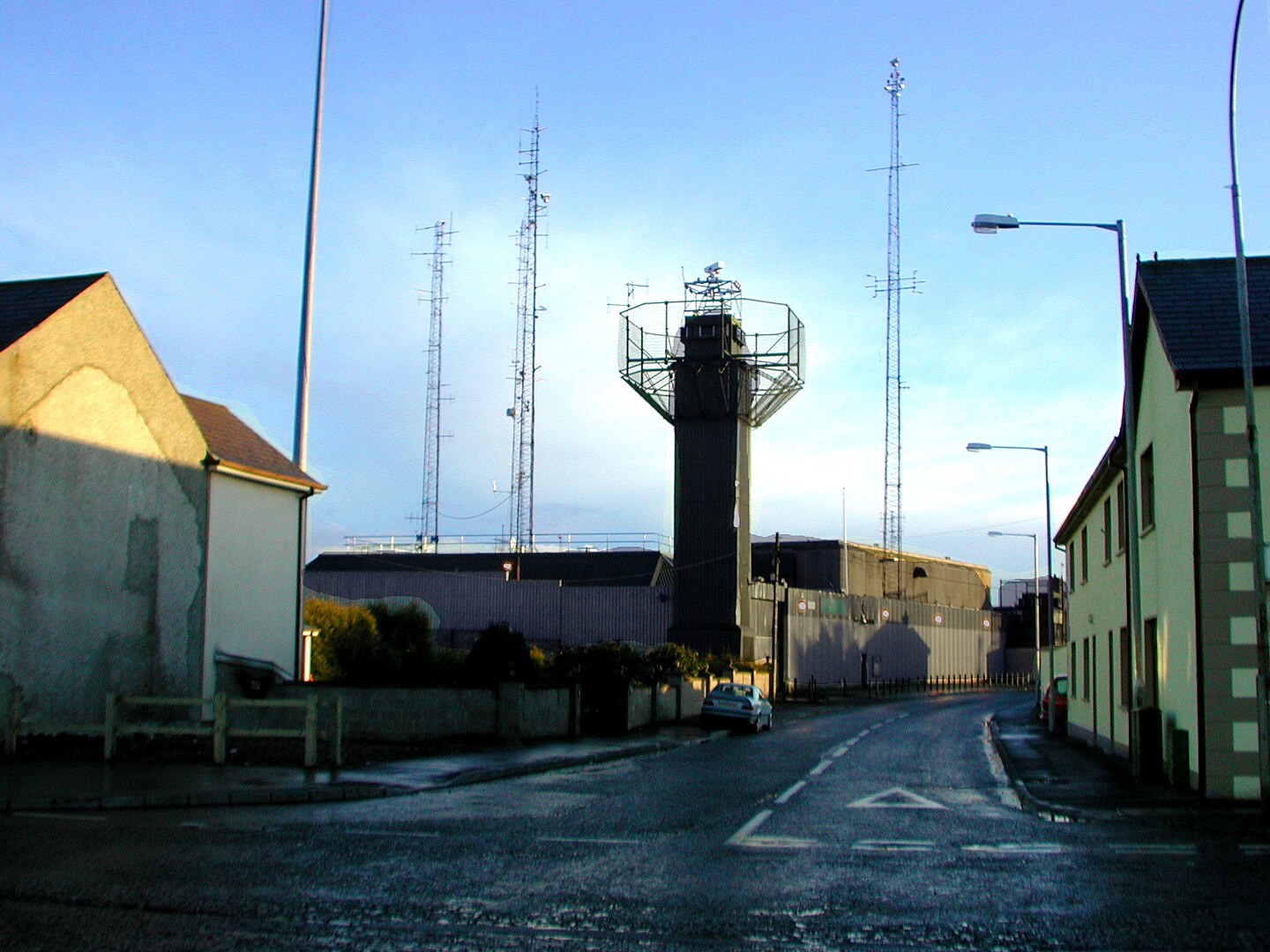 BBC News
BBC NewsBorrowing was £17.4bn last month, the second highest October figure since monthly records began in 1993.

Lord Alderdice
As I listen to contemporary political discourse, I am struck by how often discussions are confined to the immediate: economics, institutions, and governance. These issues are undeniably important, but they rarely address the underlying causes of our deepest conflicts. My experience in Northern Ireland taught me that the roots of conflict run far deeper than political structures and economic interests—they are embedded in historical grievances, identity, and deep-seated emotions.
When I first became involved in Northern Irish politics, I, like many others, assumed that rational political actors would pursue their best socio-economic and power interests. But I soon realized that people were engaging in behavior that was profoundly self-destructive, damaging not only to their own communities but to the possibility of peace itself. This realization led me into psychiatry and psychoanalysis, in an attempt to understand why communities acted against their own interests in such seemingly irrational ways.
At the time, conventional wisdom among the British and Irish governments, as well as many of the main political parties, was that progress could only be made by empowering reasonable voices in the political center while marginalizing the extremists. The idea was simple: bring together thoughtful moderates, fashion an agreement, and push out the radicals. It was a logical plan. The only problem was—it didn’t work. And it didn’t work repeatedly.
The hard reality was that the extremists on both sides had the ability to destroy any peace process. They could shoot people, plant bombs, and ensure that any progress collapsed into renewed violence. I vividly recall sitting in Stormont with John Hume, the nationalist leader and committed peacemaker, alongside Ian Paisley and Jim Molyneaux, the Unionist leaders. We faced the stark truth: if we wanted a political process, the extremists didn’t need to be included, but if we wanted a peace process, we had to engage with those who were disturbing the peace.
This was not an easy realization. It was ethically and morally difficult. Sitting at the negotiating table with people who had been directly involved in violence was profoundly challenging. Many of us grappled with a deep moral question: if we reached an agreement with those we had fought against, were we betraying the people from our own communities who had died in the conflict? Or, if we refused to seek an agreement, were we betraying our children and grandchildren by handing them a conflict worse than the one we inherited? The choice was stark.
The road to engagement was long and painful. It required listening to things we did not want to hear and sitting with people we did not want to sit with. But we did it because we understood that conflict resolution requires direct engagement with those who have the power to disrupt peace.
The global political climate today is very different from what it was during our peace process. In the 1990s, leaders like Nelson Mandela, F.W. de Klerk, Mikhail Gorbachev, Bill Clinton, and George Mitchell saw leadership as synonymous with resolving conflict. Now, many global leaders define their leadership through conflict itself—escalating tensions rather than reducing them. This is a dangerous shift, as conflict can always be escalated, but once it reaches a certain threshold, catastrophe becomes inevitable.
The reality of our post-1945 world is that total war is no longer survivable in the way it once was. Before nuclear weapons, even the most devastating wars left civilization intact. Today, a major war carries no such guarantee. We don’t discuss this reality as much as we did during the Cold War, but the risk has not disappeared—it has simply dispersed across multiple actors, making the challenge even greater.
So, what lessons can the world take from Northern Ireland? First, no matter how bitter the conflict, there is no alternative to engagement. Refusing to talk to adversaries does not make them disappear—it only prolongs the cycle of violence. Second, respect is fundamental. Treating an adversary with dignity does not mean condoning their actions, but it is a necessary condition for serious negotiations. And finally, leadership should be measured not by the ability to wage conflict, but by the courage to resolve it.
As I reflect on our journey in Northern Ireland, I recall the words of our Nobel Laureate, Seamus Heaney: “The world has turned into one big Ulster.” Conflict is not unique to any one place—it is a human condition. But so too is the possibility of peace, if we have the courage to pursue it